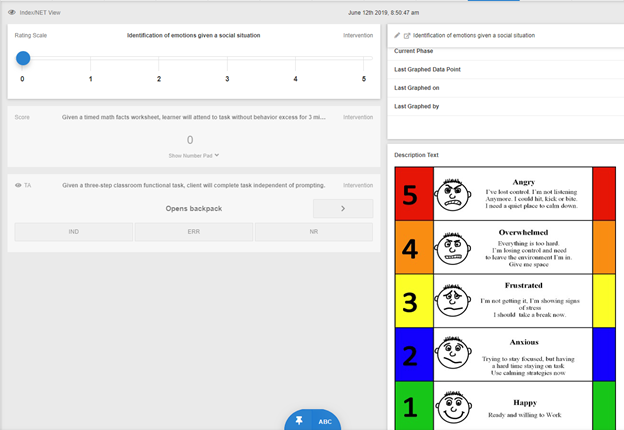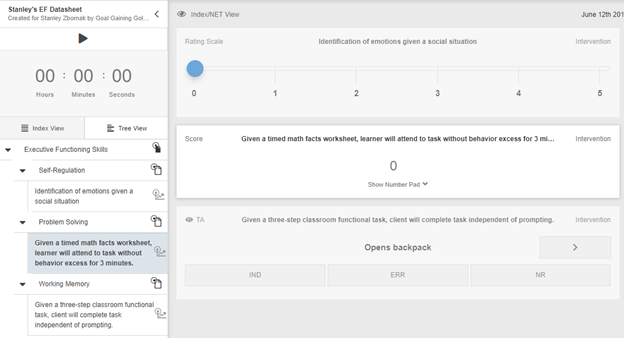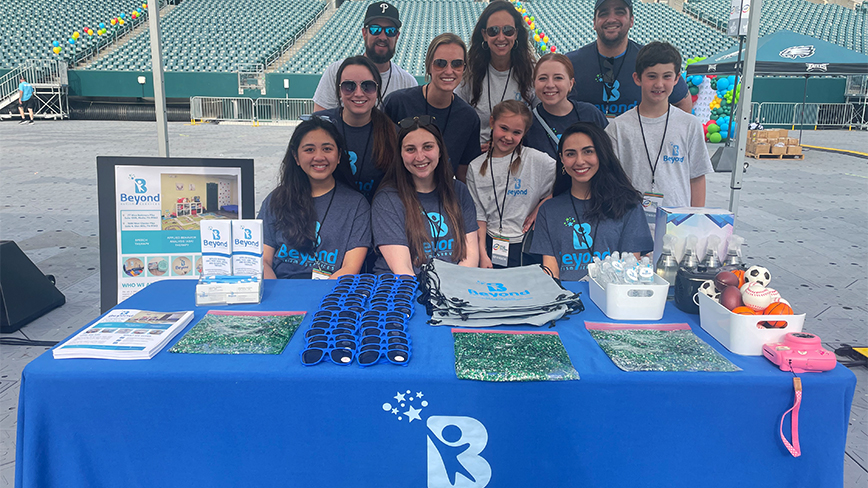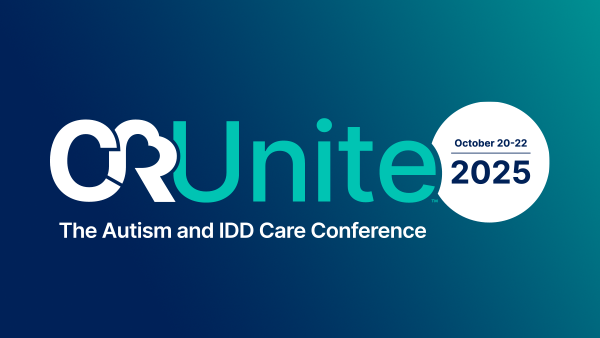By Lauren Corbett Mahan, BCBA
CentralReach Implementation Coordinator
In the field of Applied Behavior Analysis today, many behavior analysts have worked with learners who require curriculum or goals outside of common assessment recommendations. Learners whose skill sets allow the team to think critically about how to write a program that will effectively address their needs.
In the United States, new prevalence rates of autism have increased by 15 percent: to 1 in 59 children, from 1 in 68 two years prior according to the Centers for Disease Control and Prevention (CDC).
With the Diagnostic and Statistical Manual of Mental Disorders (DSM) revision in 2013, there is a singular autism diagnosis of “autism spectrum disorder (ASD)” which now forgoes separate diagnoses of Asperger’s Syndrome, Pervasive Developmental Disorder Not Otherwise Specified and Autistic Disorder. With the broad diagnosis of ASD, programming becomes increasingly individualized and at times, complex. As they say, “if you’ve met one individual with autism, you’ve met one individual with autism.”
The spectrum is vast and encompasses many individuals and needs, so it can be difficult to find one universal assessment and set of curriculum resources that will work across all clients, regardless of age, environment and skill levels.
One skill area individuals may require assessment and intervention for is executive functioning deficits. Executive functioning are basic prerequisite skills that are foundational to successful learning. Acquiring these skills allows individuals to recognize and manage emotions, plan with timeliness or organize efficiently (Perkins, 2013). Skills such as working memory, self-regulation and problem solving are a few examples of executive function. A deficit in these skill areas could inhibit an individual’s ability to learn, engage with others and understand self-worth.
For example, a learner with autism may exhibit aggressive or self-injurious behaviors when a schedule does not go according to plan or they cannot find the match to their sock. Adults or individuals with highly developed executive functioning skills may be able to easily adapt by accepting a schedule change or choosing a different pair of socks. However, for individuals with a deficit in executive functioning — specifically self-regulation — they may have a harder time adapting to the change with these unplanned events.
In another instance where there is a deficit in working memory, a learner may be tasked with a complex chain of actions to complete. A teacher may tell a student to: “Open your backpack, take out your math book, open to page seven and complete the second word problem.” Again, individuals who have had time and experience to develop this executive functioning tool of working memory would have few issues completing and recalling the steps given by a teacher. However, a student who has had an insufficient amount of exposure or opportunities may not have mastered working memory skills, and therefore may have difficulty completing this task.
The last example, problem-solving, may sound like something one would put on a resume. But problem-solving skills begin very early in development. A child may be given a simple puzzle with four shapes cut out from their matching placement on a wooden board. The child attempting to complete the puzzle will have to problem solve which shape fits into which location, how to problem solve to find out where each shape should go. As individuals grow older, the opportunities to problem solve become more complex, and, the ability to problem solve while simultaneously self-regulating through possible frustrations is a conjunct skill learners may experience.
While many individuals will acquire these skills through natural opportunities, others may need to learn these complex skills in a more contrived presentation. One way to accomplish this is through a comprehensive digital solution, like CentralReach, that provides access to flexible programming and multiple data collection types.
With CentralReach’s Session Data Sheets feature, you can create multiple data sheets for different stakeholders, environments or programming phases. For example, do you have a learner who is keen on taking data on himself? You can create a session data sheet and adjust the goals you want the learner to track.
Also, students can take their own data on CentralReach’s Precision Teaching solution, as shown in the video below.
Below are a few samples:
Sample 1: Learner rates their self-regulation management utilizing CentralReach’s ‘Rating Scale’ data type. When in session, the learners can choose between zero and five to rate a reaction to a given situation.

Sample 2: Learner enters in the score they obtained after completing a math facts worksheet when under the pressure of a timer. Each opportunity a worksheet is complete, they can visually see if they are increasing correct responses.

Sample 3: Learner scores each step in a task they are given with CR’s ‘Task Analysis’ data type. Each opportunity they complete the task, responses will be tracked to see which were missed or completed.
About the Author

Lauren Corbett Mahan
Clinical Implementation Coordinator, BCBA
Lauren Corbett holds a Master’s of Science degree from California State University, Fresno, and is a Board Certified Behavior Analyst. Over the past 15 years, Lauren has worked in school, home and centers providing direct intervention, supervision and consultative services for children diagnosed with Autism. Lauren also enjoys volunteering as a Guardian ad Litem, applying her behavior analytic experience to at-risk children and their families. At CentralReach, Lauren is a Clinical Implementation Coordinator – ABA Subject Matter Expert and works with clients to plan, execute, and oversee the implementation of CentralReach in their day-to-day clinical practice.






